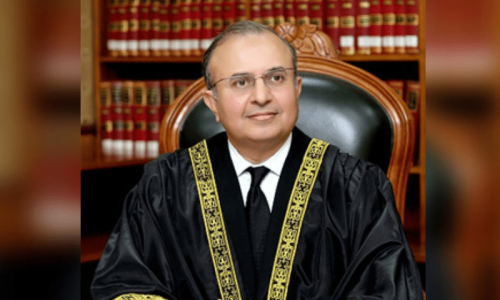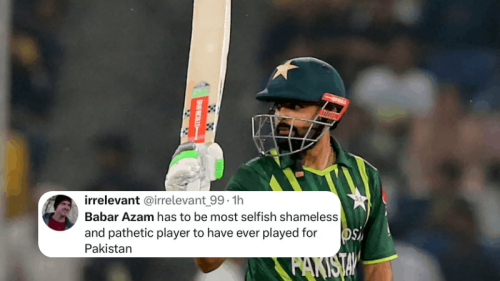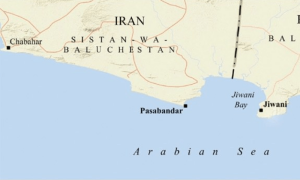KUINET (Kenya): When world marathon champion Luke Kibet goes running, he likes to focus on finishing first. But on one run during Kenya's postelection upheaval, the 25-year-old star had something else on his mind: staying alive.
Kibet was knocked to the ground by a large rock that struck his head on New Year's Eve as violence swept the country after the disputed Dec 27 presidential vote. Regaining his senses with blood oozing from his skull, he looked up to see a mob of machete-wielding men approaching.
He got up and started running — this time for his life.
“I was thinking about my family. I was thinking I might die there,” said the married father of two, recalling the attack near his home in the western Rift Valley village of Kimumu.
Though unrest has calmed in recent days, the mayhem has left indelible scars on this East African nation, which previously had been best known as a stable tourist haven that also has consistently produced some of the best distance runners on the planet.Hundreds of people have been killed and hundreds of thousands forced to flee their homes. Among the dead: former Olympic runner Lucas Sang, who was hacked to death the same day Kibet was attacked. Sang was buried Thursday in Kuinet, a funeral that drew Kibet and hundreds of other athletes and mourners.
Kenya's running world has suffered in other ways. Sports officials have canceled two Kenya Federation cross-country races scheduled for January. Some runners have been unable to go to competitions abroad, including 13 Kenyans who failed to show up for the Rock 'n' Roll Arizona Marathon and Half Marathon scheduled on Sunday in Phoenix.
“Every runner has a story about seeing homes burning and people running about with bows and arrows, it's pretty unnerving stuff,” said Toby Tanser, the New York-based founder of the charity Shoe-4-Africa, who is on a month-long visit here. “Running really did grind to a halt in Kenya.”
Tanser said more than 80 per cent of Kenya's top runners are Kalenjins, an ethnic group that largely gave its election backing to opposition leader Raila Odinga, a Luo, against President Mwai Kibaki, a Kikuyu.
The election commission declared Kibaki a narrow winner, drawing charges of ballot stealing from Odinga and others and setting of ethnic clashes. Kikuyus fled the Rift Valley en masse, chased from their farms by rioting Kalenjins and allied tribes.
Kibet, a Kalenjin, said four Kikuyus who had been part of his 20-member running group at another camp in Iten had left the region. He hopes they will come back.
“We've always trained together with many tribes, including Kikuyus,” Kibet said. “And we've gotten along fine.”
Though he won the Vienna Marathon last April, Kibet was virtually unknown until he scored a gold medal at the world marathon championships in Osaka, Japan, in August.
On Dec 31, Kibet said he emerged from his home in Kimumu with several other athletes to gather food for their families after a night of violence. Some homes were in flames. In the distance, they could see Kalenjin and Kikuyu mobs brawling in the streets with machetes, arrows and rocks.
Without warning, a large stone struck Kibet in the back of his head, knocking him down and leaving him stunned. He regained his wits to find himself alone — his friends had fled.
Seeing a mob moving in his direction, Kibet began running. About 80 meters down the road, he flagged down a police car and was driven to safety.
“It was a different kind of run,” Kibet said, a nervous smile broadening his face. “I was driven by fear.”
Hours later, Sang was killed in the same town. He was a 400-meter runner on Kenya's team at the 1988 Olympics in South Korea.—AP













































